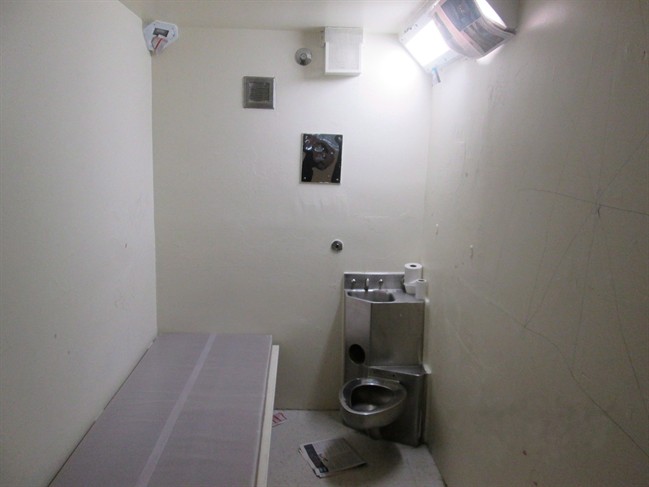B.C. Supreme Court has ended a law that allowed federal institutions to indefinitely confine prison inmates.

A nine-week trial by the B.C. Civil Liberties Association (BCCLA) and John Howard Society of Canada (JHSC) filed in 2015 contended that solitary confinement was cruel and unusual punishment, and violated the Charter of Rights and Freedoms.
In the meantime, the federal government introduced Bill C-56, which proposed a limit to how long an inmate could be kept in solitary confinement – which the BCCLA characterized as an attempt to derail its challenge.
BCCLA spokesperson Josh Paterson said the court agreed with the argument that solitary confinement makes inmates more dangerous – especially to themselves – and also makes it harder for prisoners to reintegrate into society.
“It matters because the point of the prison is in the end, not only to punish, but to rehabilitate folks so that when they come back to our communities they can play a productive role.”
Paterson said the trial heard one inmate had been in segregation for more than 6,000 days, and some other had been segregated for more than 1,000.
The ruling gives the federal government one year to draft legislation, and it has 30 days to appeal the decision.
In a statement, Correctional Service Canada spokesperson Averly Serin said, “while the court found that changes are required to administrative segregation, the court has allowed the government time to examine the decision and assess its impact. We are currently reviewing the decision and next steps.”
In a statement to Global news, Federal Public Safety Minister Ralph Goodale says, “Since early 2016, our new government has been working on reforms to remedy the mistaken views and directions of the Harper era. That takes time and effort. Our goal is to ensure consistency with the Canadian Charter of Rights and Freedoms and best correctional practices.”
He says the Correctional Service of Canada has also developed categories of offenders for whom administrative segregation is not to be used.
The release went on to say that the Ministry is reviewing all recent court judgements, and will identify any further and better ideas that need to be included in its reform package.






Comments